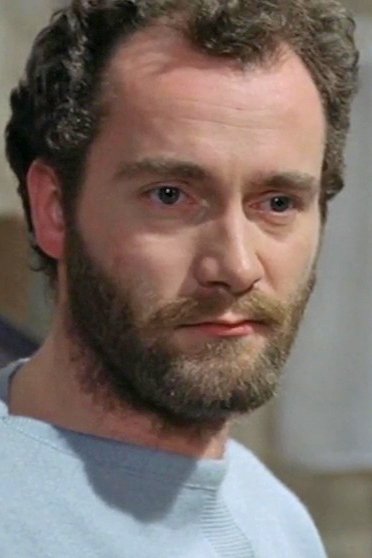
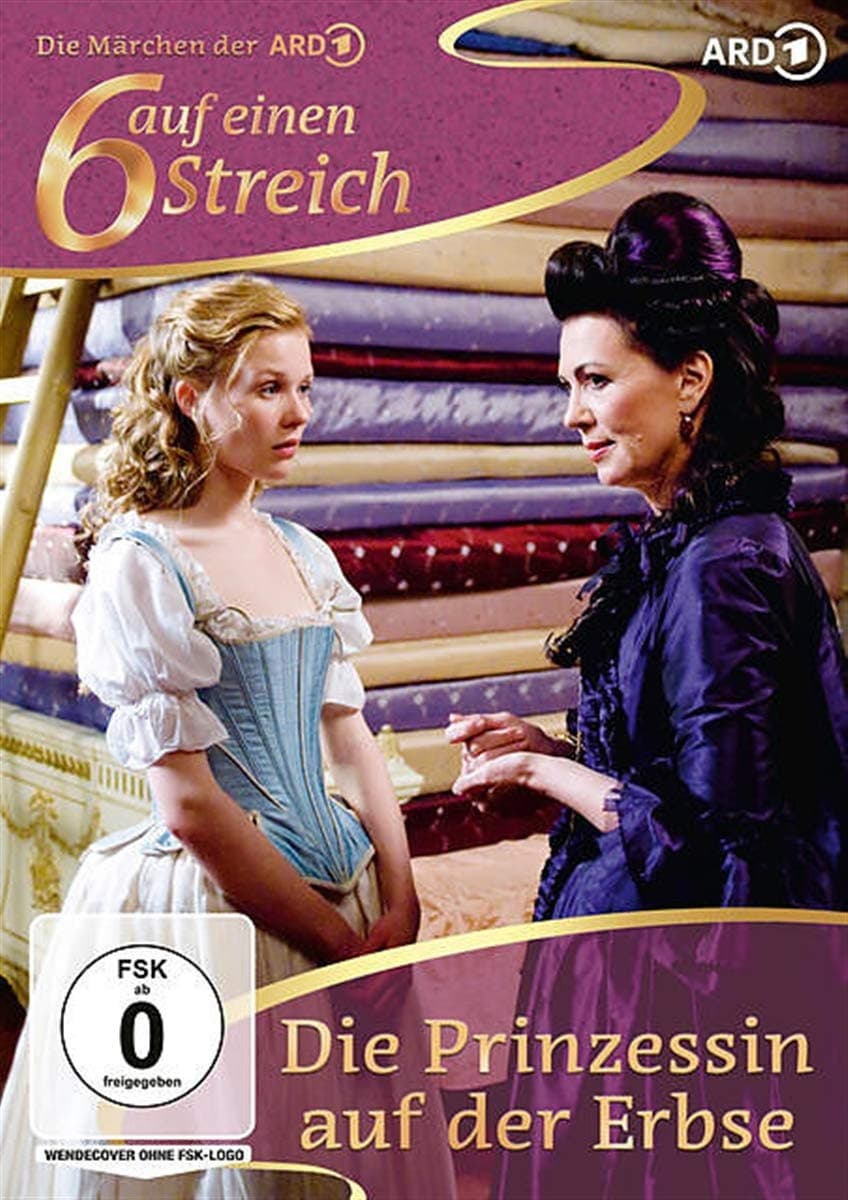
The king turns 70 in a few days, when he is supposed to give up his crown. His sister has waited for this day all her life: Finally, she will step out of her brother's shadow and assume power in the realm. Or will the king's son assume the throne instead? Only if he has a princess at his side.
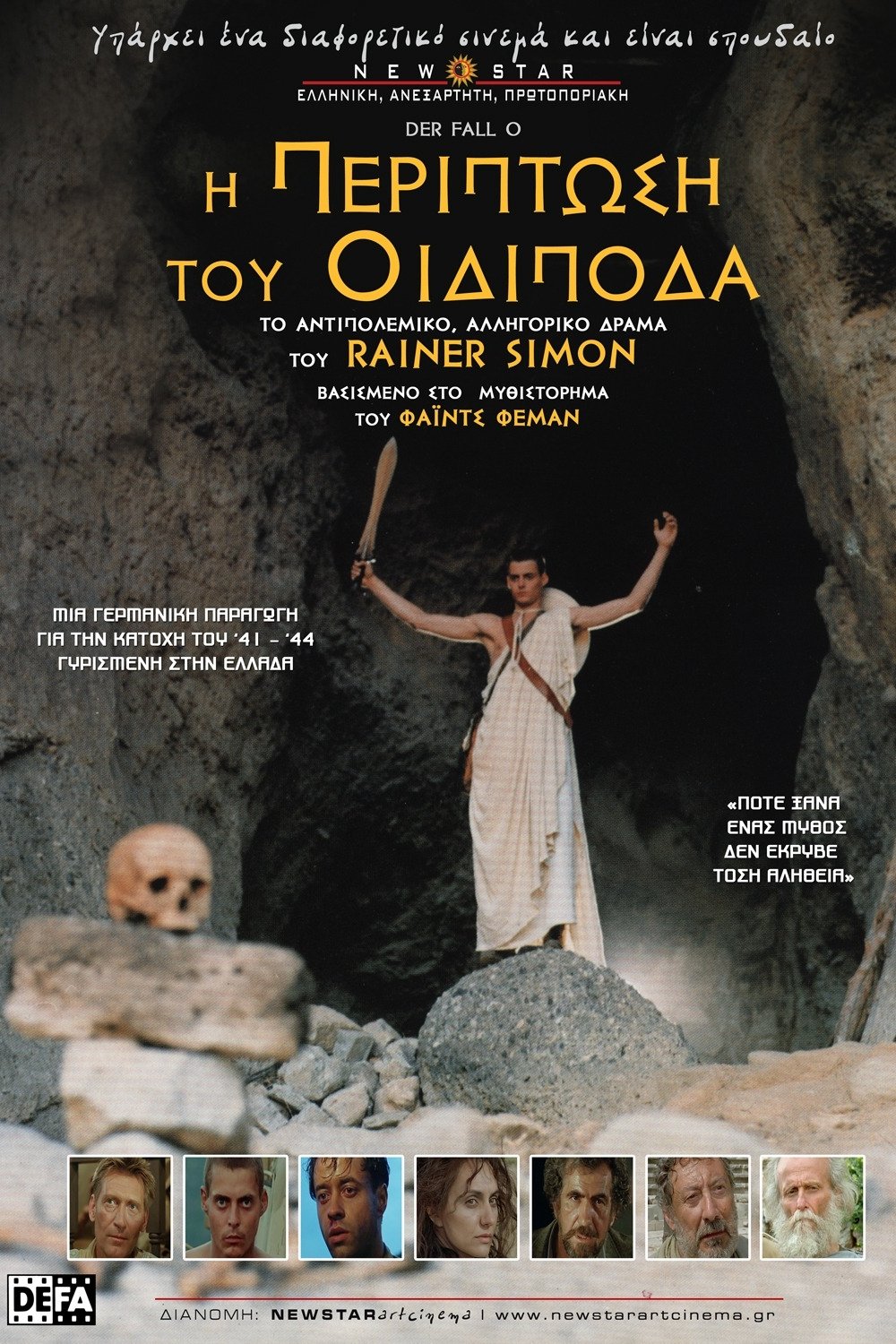
During the Greek summer in the war year of 1944, a German military unit sets up camp on the plateau of Thebes. Armed with a 16 mm camera, the captain of the unit, a former professor for classical Greek philology, comes up with the idea to film the myth of Oedipus.
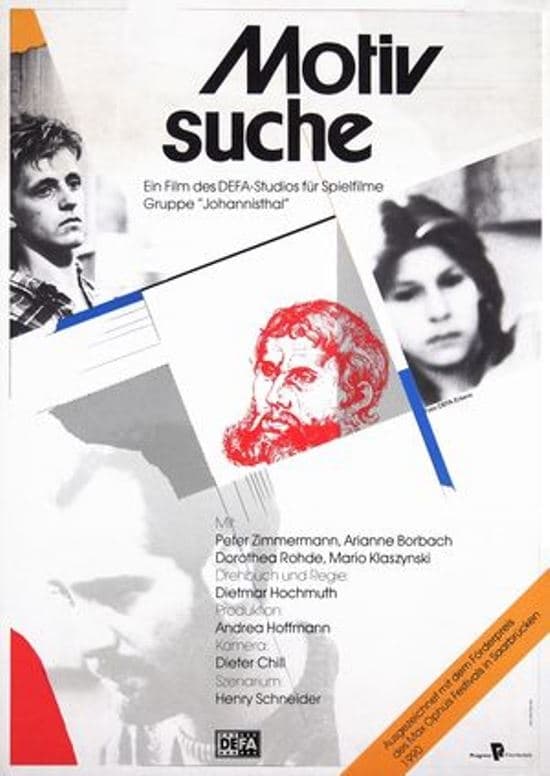
Rüdiger Stein starts filming Klaus and Manuela, young expectant parents, for a documentary on the topic "Starting a Family." As the project threatens to fall apart, Rüdiger becomes personally involved in this family-to-be, an experience which enables him to open his eyes to his life and work.
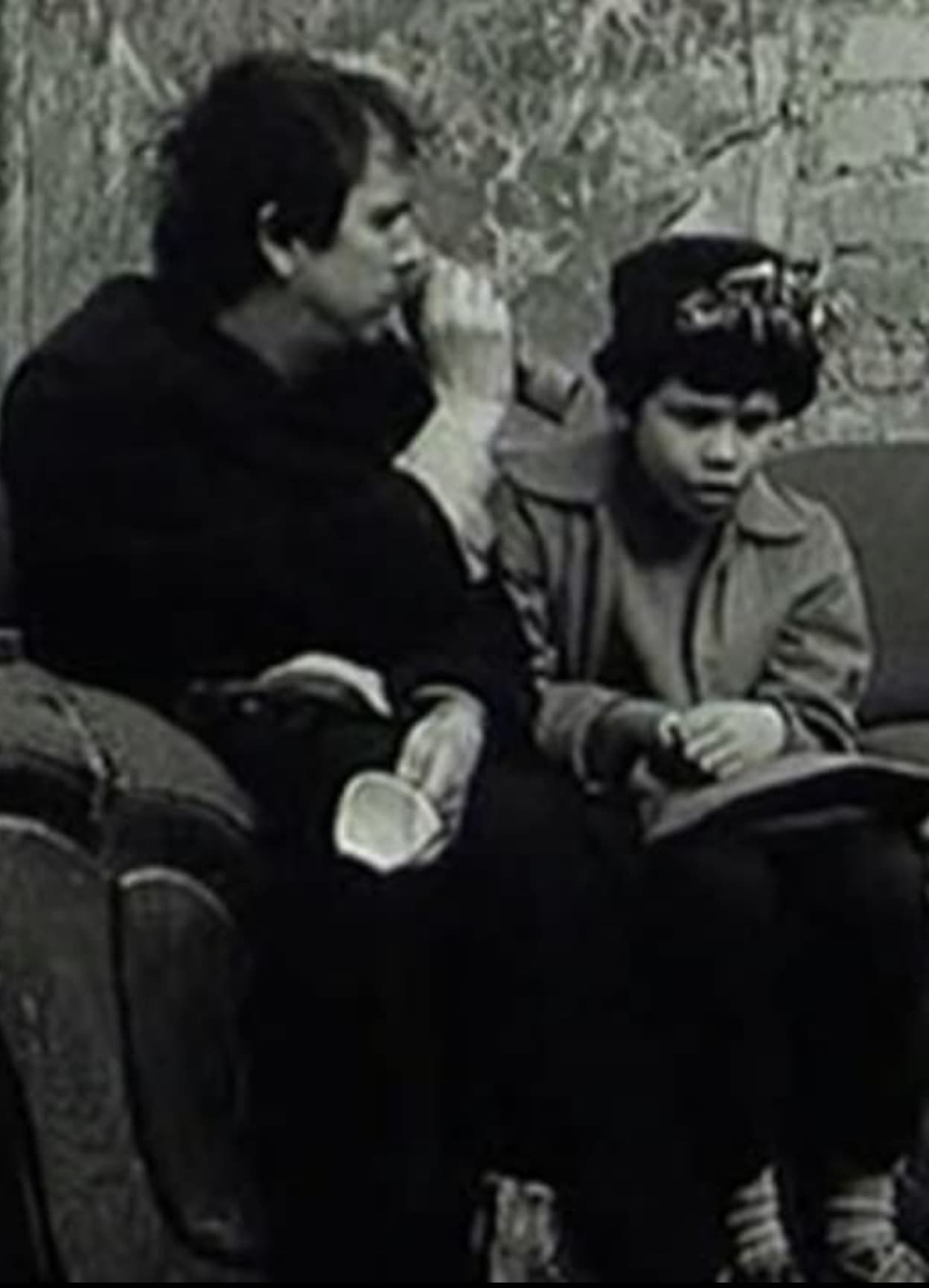
Film director Andreas Kleinert belongs to the last generation of filmmakers that emerged in the former German Democratic Republic (GDR). Born in 1962, Kleinert's attitudes were shaped by the late 1970s, and particularly by the 1980s—a period of increasing disillusionment. He wrote his thesis on “Levels of Consciousness in the Film Poetry of Andrei Tarkovsky,” the late Soviet film director who made a name for himself in the pre-perestroika years with bleak films. As Kleinert completed his film academy studies with his graduation film, Leb' wohl, Joseph ( Farewell, Joseph, 1989), the Berlin Wall fell, heralding the collapse of the GDR. Kleinert won the main prize for his diploma feature film, Leb' wohl, Joseph, at the Munich International Festival for Film Schools. The next year, this remarkable black-and-white Kafkaesque film of cryptic symbols and enigmatic metaphors was invited to compete at Locarno.
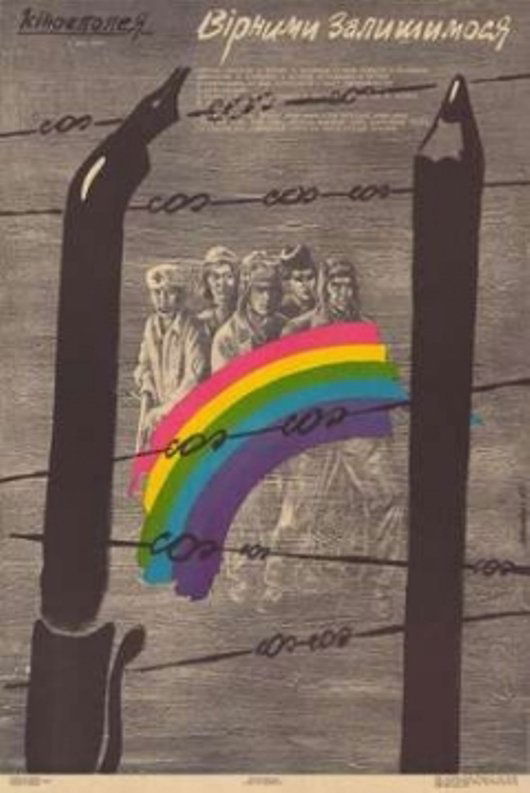
Story of Sergio Rodriguez, commissar of an International Battalion in the Spanish Civil War
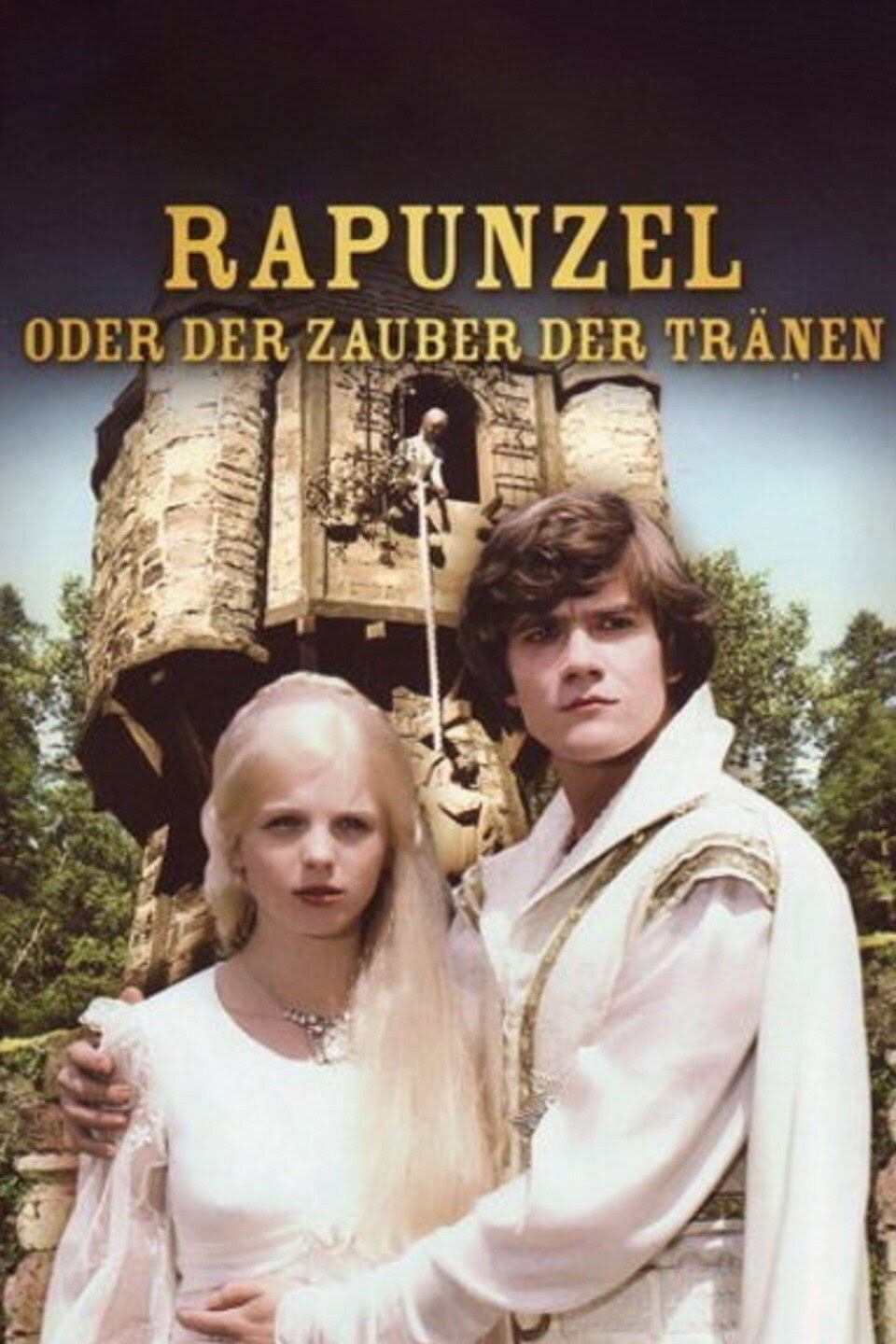
Adaptation of the classic fairytale. Rapunzel lives alone in the woods, in a tower with no doors. Then, one day, a mysterious stranger comes for a visit.
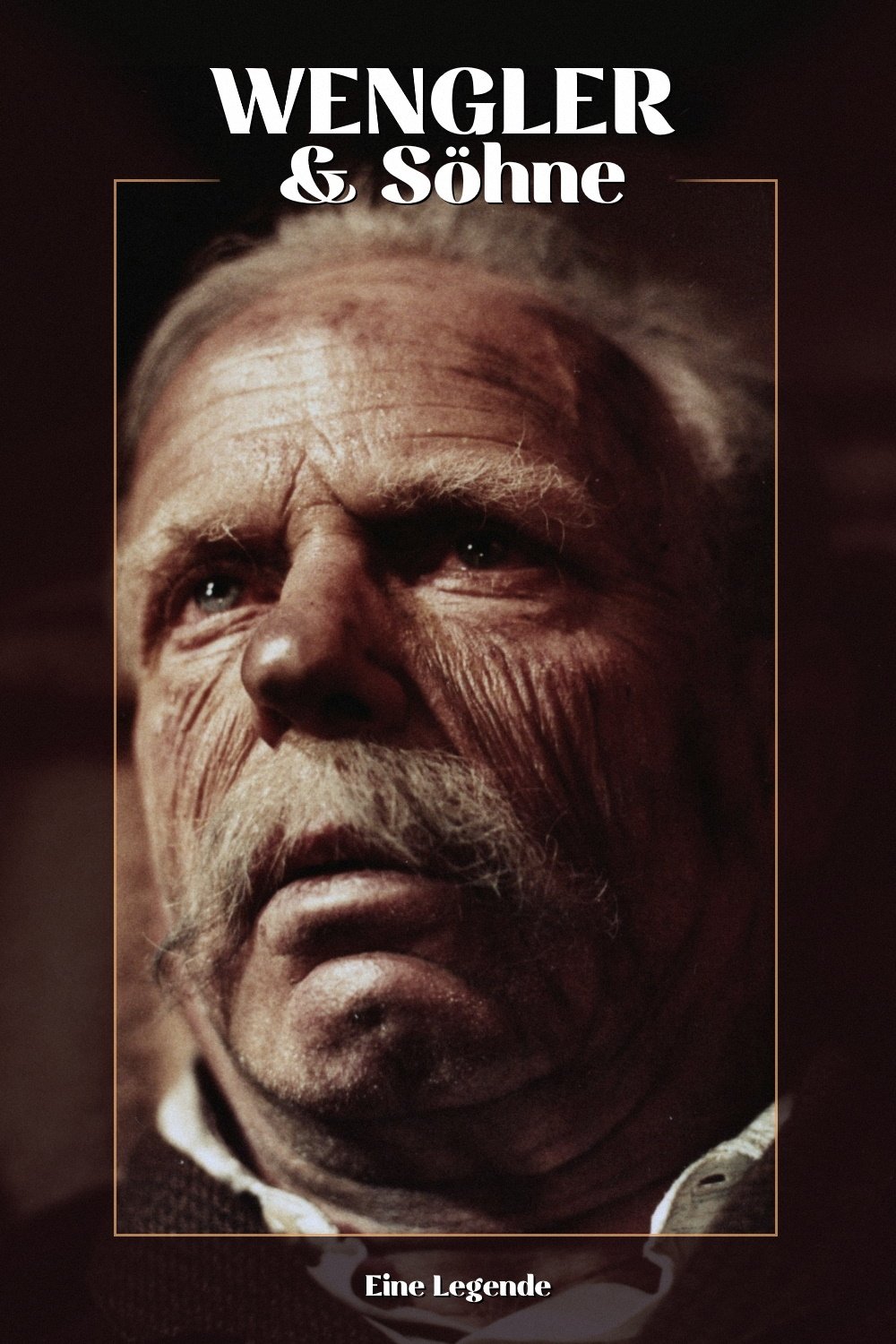
A story spanning three generations, from 1871 to 1945. When Gustav Wengler, a farmer’s son, returns from the Franco-German war in 1871, he goes to work for a precision mechanics and optical company, where he soon becomes a master craftsman. Wengler loyally promises the owner on his deathbed that his sons and grandsons will also stand by the company.
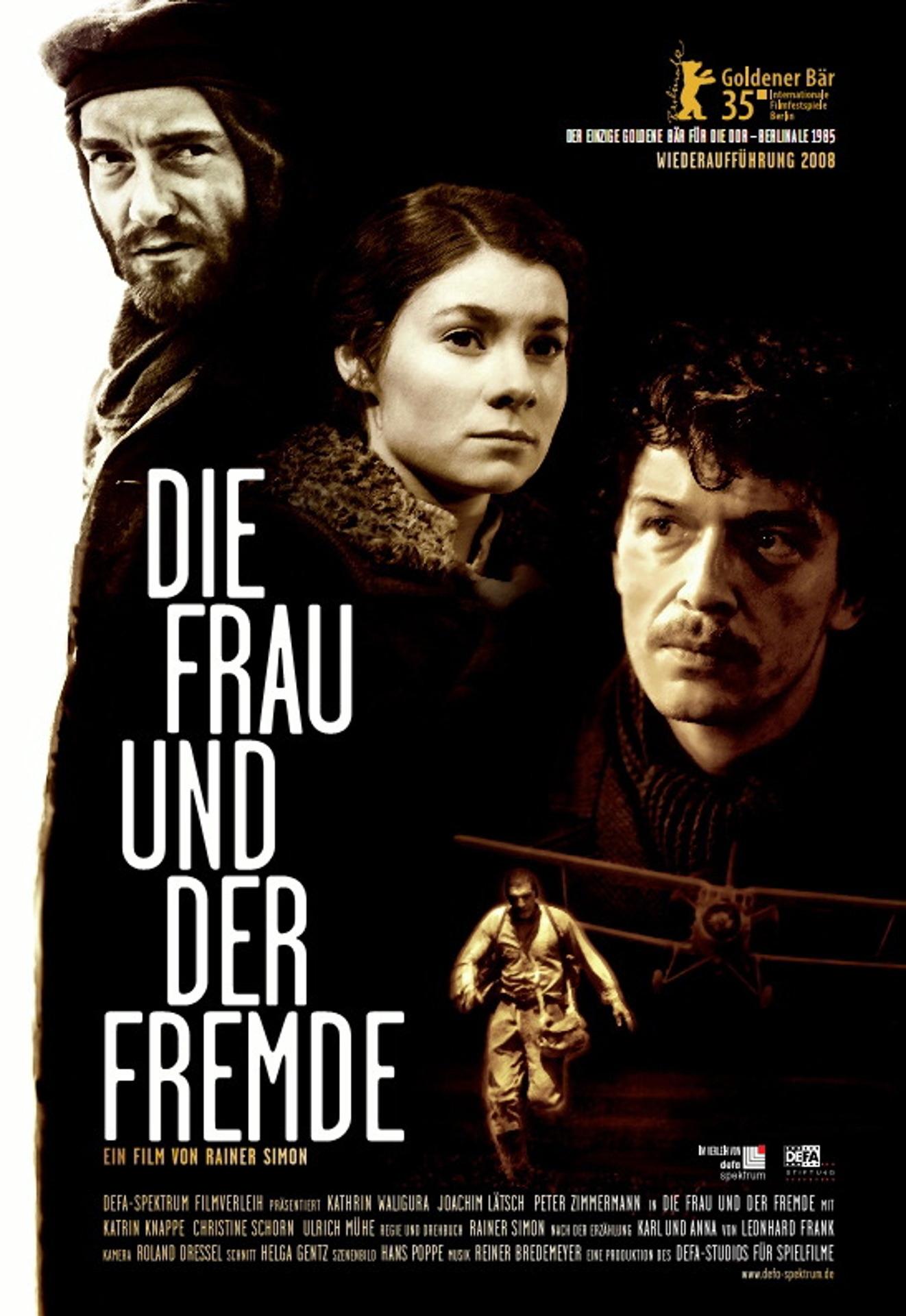
Based on a switched identity, in circumstances that are found in real life as well as fiction, this drama tells the story of two soldiers fighting together in World War I. Karl (Joachim Latsch) and Richard (Hans-Use Bauer) become close friends while serving time in a German POW camp. One day Karl manages a successful escape and goes to Richard's home where he seeks refuge posing as Richard. But Richard's wife Anna (Kathrin Waligura) has never given up hope that her husband is still alive -- a possibility that would shatter Karl's proposed new life. In fact, Richard did not die in the POW camp. This film shared the Grand Prix award at the 1985 Berlin Film Festival.
By browsing this website, you accept our cookies policy.